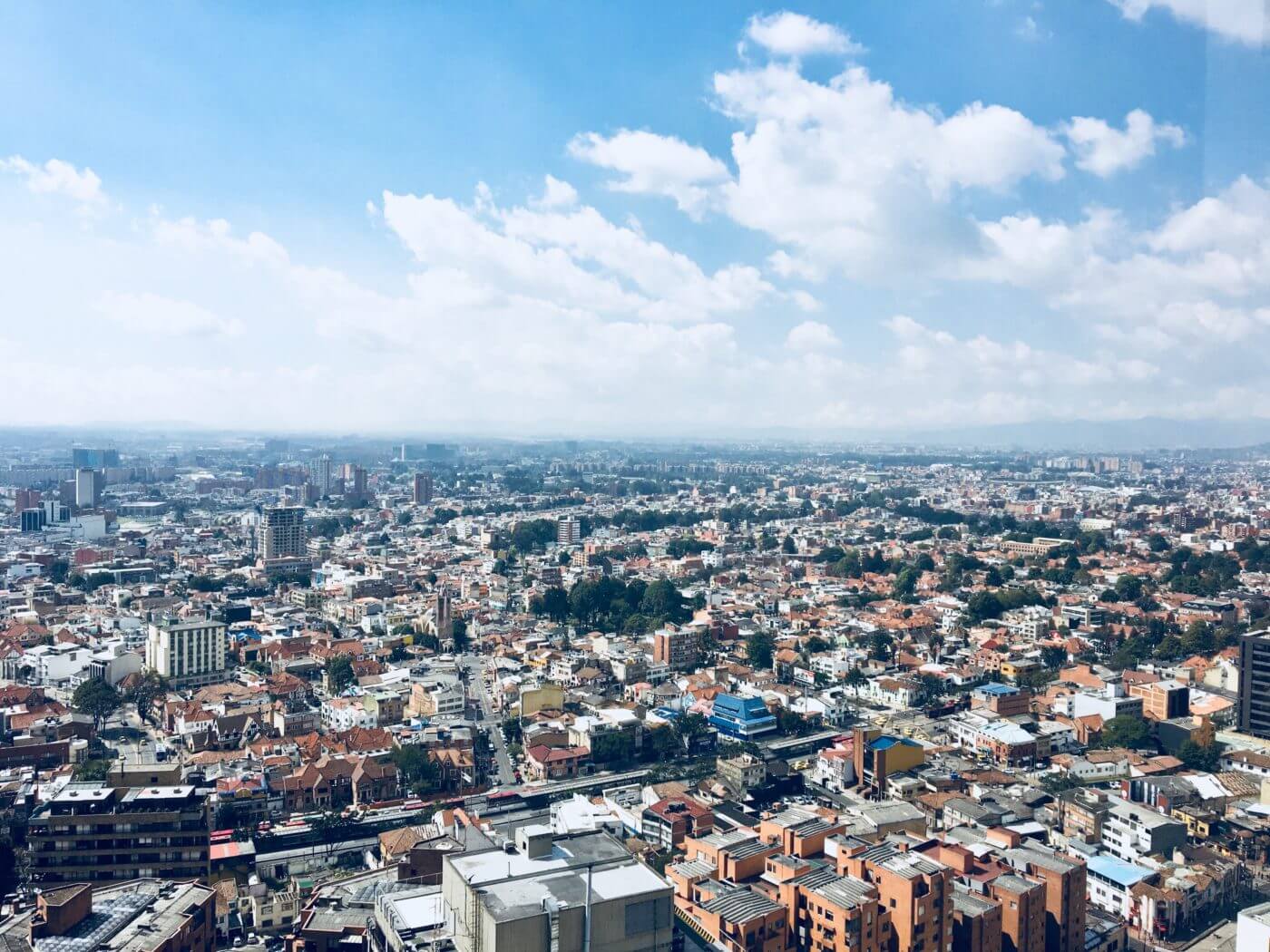
A Methane Champion: Colombia becomes first South American country to regulate methane from oil and gas
On February 11th, the Colombian Ministry of Mines and Energy finalized its flaring and fugitive methane emissions regulations, which aim to reduce fugitive emissions from upstream oil and gas activities at a national level – making it the first South American nation to regulate methane emissions from oil and gas.
Colombia’s leadership is the culmination of over five years of work by the Mines and Energy Ministry and other stakeholders and experts. Clean Air Task Force (CATF) started its engagement with Colombia in late 2016 with a series of workshops and working group meetings to build capacity and understanding of the issue of methane in the oil and gas sector. This included an assessment of the best practices for reducing emissions on a source-by-source basis, as reflected by regulations in other parts of the world. CATF also worked with the government to better estimate Colombia’s methane emissions and to identify policy options to reduce methane through the use of CATF’s CoMAT (Country Methane Abatement Tool).

In 2018, Colombia issued its first strategy to mitigate short lived climate pollutants, with the government identifying the potential to reduce 129 kt of methane from both the coal mines and fugitive emissions in the upstream sector. In 2020, they issued a revised NDC that included the need to implement actions to reduce fugitive emissions from the oil and gas sector. Then in 2021, at COP 26 in Glasgow, Colombia built on these efforts by taking a leading role in the Global Methane Pledge, which helped bring together over 110 nations agreeing to take actions to help reduce global methane emissions at least 30 percent from 2020 levels by 2030.
At COP26, Colombian Minister for Mines and Energy, Diego Mesa, spoke at the Methane Moment Pavilion, (watch the interview with CATF) saying, “we are very serious about being a leader in fighting climate change… so we did an assessment [of Colombian methane emissions] and we were the first sector [oil and gas] in Colombia to come up with an integral Climate Change Plan and methane emissions feature about 10-12% of the total sector. As long as you have clear measurements of what you need to do it is easier to commit.”

And in 2022, with these new fugitive methane emissions regulations, Colombia is showing that it is fully committed. To reach these final rules, the Ministry of Mines and Energy took a unique approach by addressing both flaring and fugitive emissions in one regulation. This is significant because it recognizes that inefficient flaring of natural gas and malfunctioning flares have become a big source of methane emissions in the industry, and takes action to reduce them. Traditionally, these issues have been treated separately, which can cause regulatory inefficiencies and gaps and lead to confusion and uncertainly. This new regulation adopts some of the best practices seen in other jurisdictions and proposes implementing actions which include instructions to do the following:
- Carry out a Leak Detection and Repair (LDAR) program to inspect oil and gas facilities.
- Install vapor recovery units, redirect the gas for utilization or send gas to flare from existing gas driven pneumatic pumps or altogether replace them with electric or compressed air driven devices.
- Install vapor recovery units on tanks and separators.
- Redirect emissions from compressors, substitute seals and other measures.
- Carry out reduced emissions completions.
- Verify every year, through a third party, that flares are operating efficiently.
As the regulation moves forward and experience by both companies and the government regulator increase, we see an opportunity for further refinement of the standards to achieve even greater emission reductions. For example, we note:
- The flaring and venting could promote a greater utilization of associated gas and establish a minimum flaring efficiency or clear reduction goal. While cost are analyzed to determine whether investments should be made to utilize the associated gas, the social cost of methane emissions is not considered in the analysis.
- LDAR should be carried out at least four times per year and should be pushing toward continuous emissions monitoring in the future. Currently it is only mandated two times per year.
- Colombia’s government estimates that natural gas demand will grow annually at a rate of 1.18% at a national level. However, not all the demand will be met with locally produced natural gas because of a decrease in production and reserves, hence the LNG infrastructure capacity is expected to expand and therefore this instrument should apply to the entire oil and gas value chain.
With these regulations, the stage is set for emission reductions in Colombia, but implementation remains critical. The regulator, ANH (Agencia Nacional de Hidrocarburos), will need to analyze the data provided by the companies and be open to changes and modifications of the regulations that can improve their performance as data on implementation flows in. But implementation is just one of the next steps. As the first nation in South America to finalize regulations to reduce methane pollution from the oil and gas sector, Colombia can be an advocate — both in the region and globally — for strong action to cut methane emissions and bend the curve on climate change.
CATF is excited to see Colombia take this critical step forward. While it is leading the way in South America, Colombia’s regulations contribute to growing momentum on methane leadership in South America, with Chile recently reducing waste sector methane as well, several other South American nations seeking to slash emissions in the oil and gas and the waste sector in the near future, and nearly every country in South America, including Colombia, joining the Global Methane Pledge. We’re looking forward to continued and enhanced South American leadership to cut methane emissions and help avoid the worst impacts of climate change.




